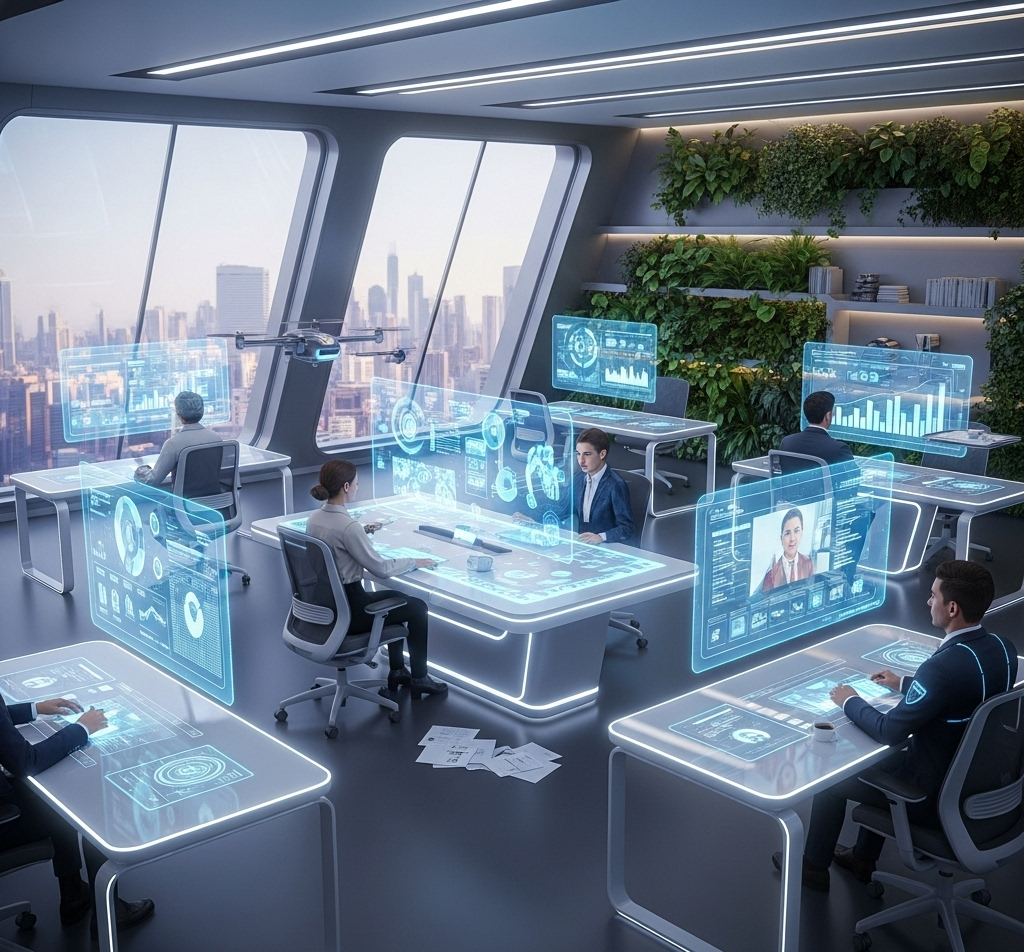
In the fast-evolving landscape of 2025, artificial intelligence (AI) has moved from buzzword to bedrock in procurement. No longer confined to sci-fi novels or experimental pilots, AI is embedding itself into daily operations, reshaping how teams source, negotiate, and manage suppliers. But what does this mean for the procurement professionals of tomorrow? Will AI replace jobs, or will it elevate them? Drawing from recent industry reports and trends, this blog post dives into the AI-enabled procurement team of the future—one that’s strategic, agile, and hyper-efficient. We’ll explore the technologies driving change, the shifting roles, and the challenges ahead, offering a roadmap for procurement leaders preparing for what’s next.
As of 2025, AI is no longer a “future trend”—it’s a present reality for many procurement organizations. Adoption has surged, with 80% of Chief Procurement Officers (CPOs) planning to deploy generative AI (GenAI) in some capacity over the next three years, focusing on areas like spend analytics and contract management. Generative AI, in particular, is revolutionizing the field, with 89% of executives advancing initiatives—a dramatic jump from just 16% the year prior. Procurement tech budgets are growing by 5.6% this year, reflecting a clear commitment to AI as a tool for business acceleration.
The benefits are already tangible: early adopters report productivity gains of up to 25%, alongside improvements in effectiveness and user experience. AI automates routine tasks, freeing teams to focus on high-value activities like innovation and supplier collaboration. For instance, tools like autonomous negotiation agents can cut sourcing timelines by 40% and boost supplier collaboration efficiency by 25%. Yet, only 36% of organizations have meaningful GenAI implementations today, indicating room for growth—and opportunity for those who act now.
The procurement team of the future will be powered by advanced AI technologies that go beyond simple automation. Here’s a look at the frontrunners:
These technologies aren’t just tools; they’re team members, handling the grunt work while amplifying human strengths.
The AI-enabled procurement team won’t look like today’s— it’ll be leaner, more collaborative, and strategically oriented. AI will automate operational drudgery, shifting focus to value creation. Procurement is expected to fully transform into a strategic enabler of business growth, innovation, and resilience by 2030.
This shift, as highlighted in the CIPS Futures 2025 report, positions procurement as a core driver of business value, with AI enabling deeper supplier partnerships and agile supply chains.
Of course, the path to an AI-enabled future isn’t without hurdles. Data quality and privacy concerns top the list, with 53% of leaders worried about overestimating AI benefits. Ethical issues, like bias in AI decisions, require robust governance frameworks. Human-AI interaction remains a challenge—teams need training to adapt, and change management is key to successful rollouts.
Geopolitical risks and inflation will demand AI’s predictive power, but teams must balance automation with human oversight to maintain relationships and avoid pitfalls. Recent discussions on X underscore this, with experts noting AI’s role in “weaponizing” procurement for cost-slashing and risk-crushing, but emphasizing the need for agentic intelligence in global ops.
The AI-enabled procurement team of the future will be a powerhouse: strategic, data-driven, and resilient. By 2025 and beyond, AI spending in procurement is projected to skyrocket by 446%, outpacing traditional tools. To thrive, organizations should invest in AI platforms, prioritize upskilling, and foster a culture of innovation. As one recent X post put it, “AI is reshaping procurement faster than we think,” with autonomous sourcing and role evolution at the forefront.
© 2025 Lasso Supply Chain Software LLC
Get instant access to our report on the Top Procurement Trends of 2025 by filling out the form below.

Get instant access to our report on the Top Procurement Trends of 2025.